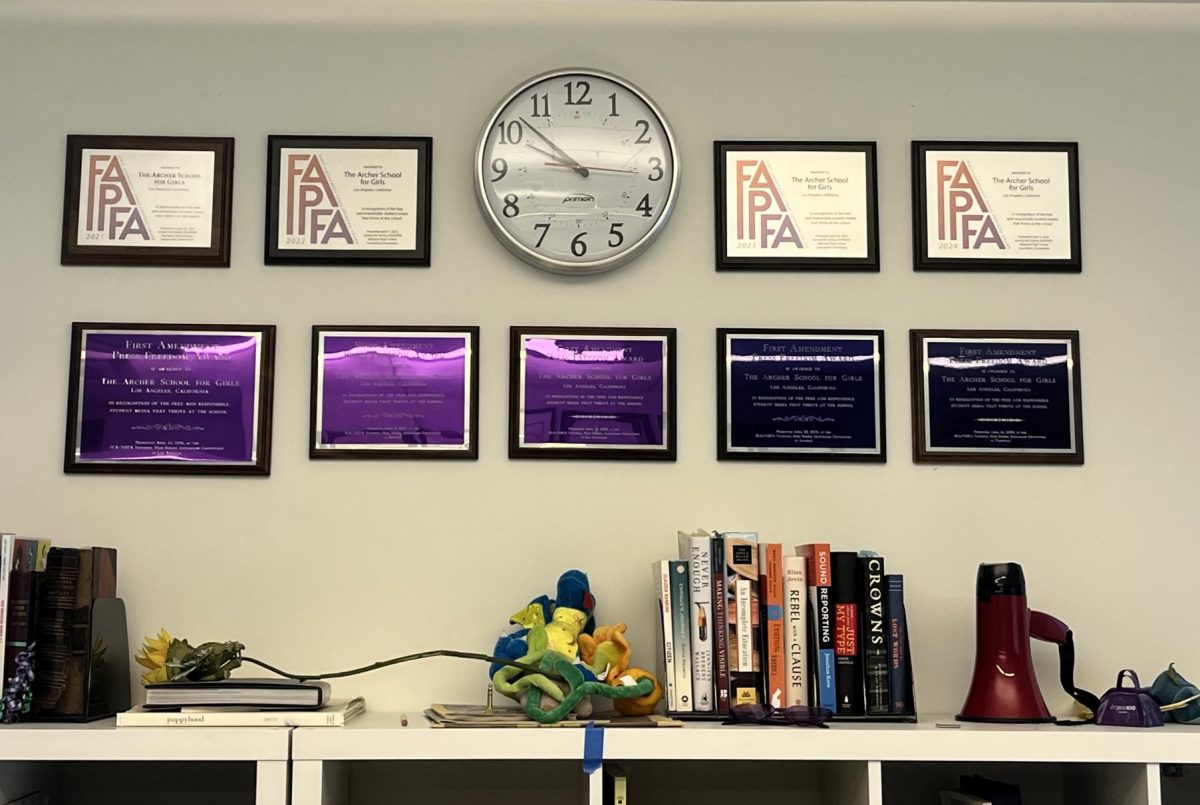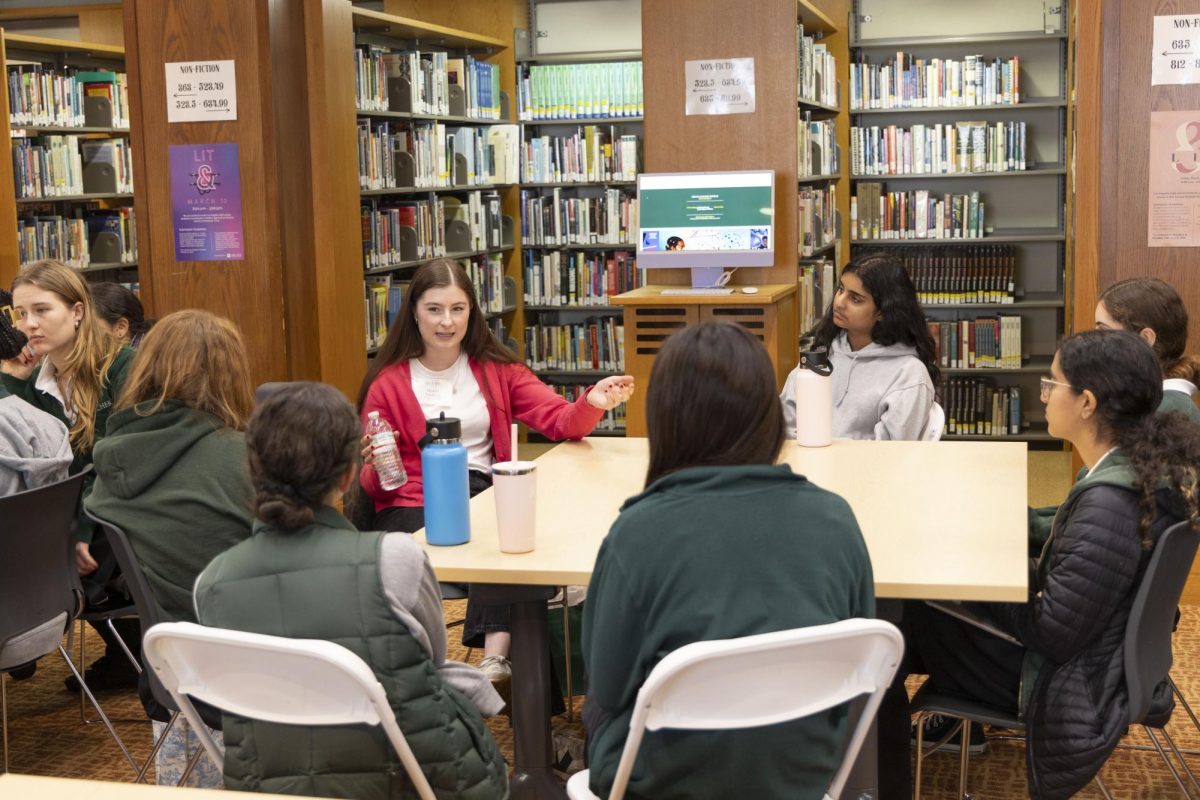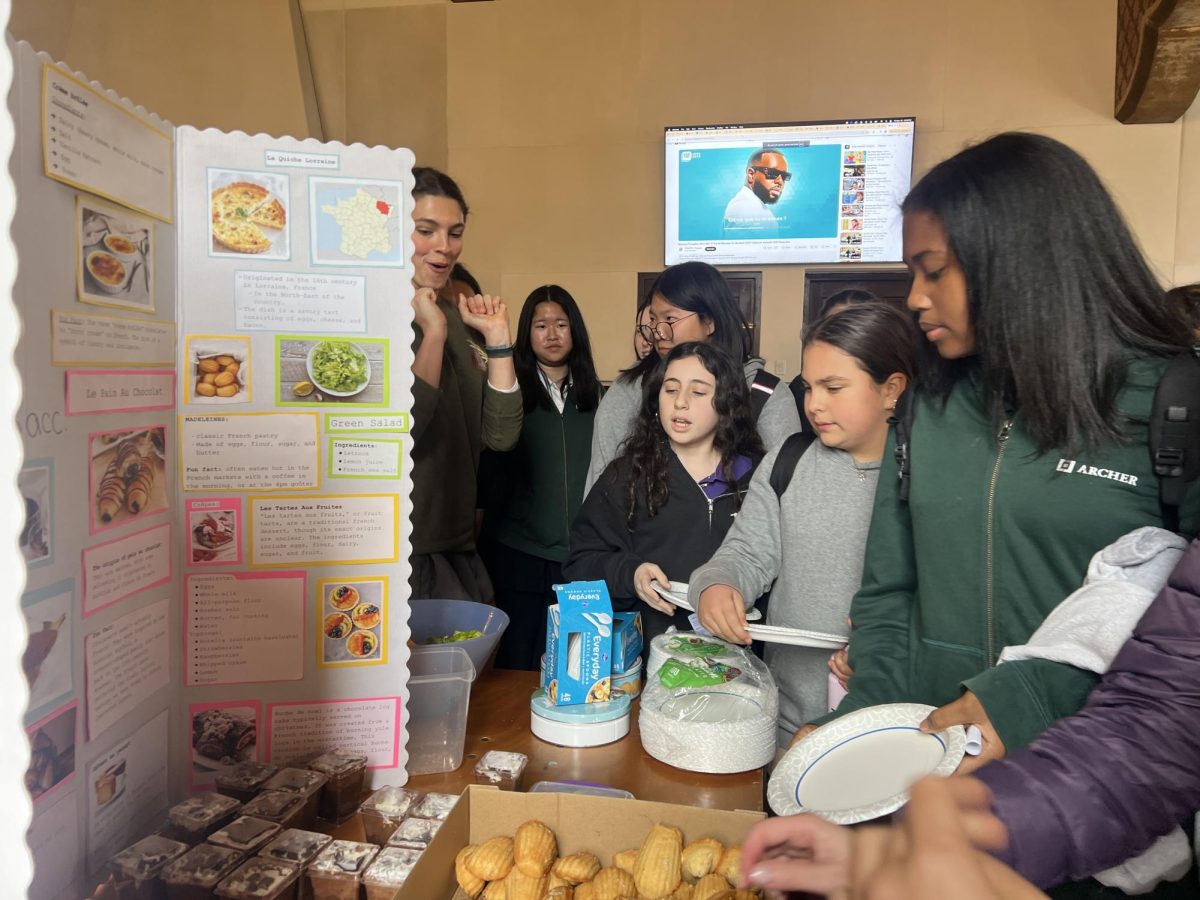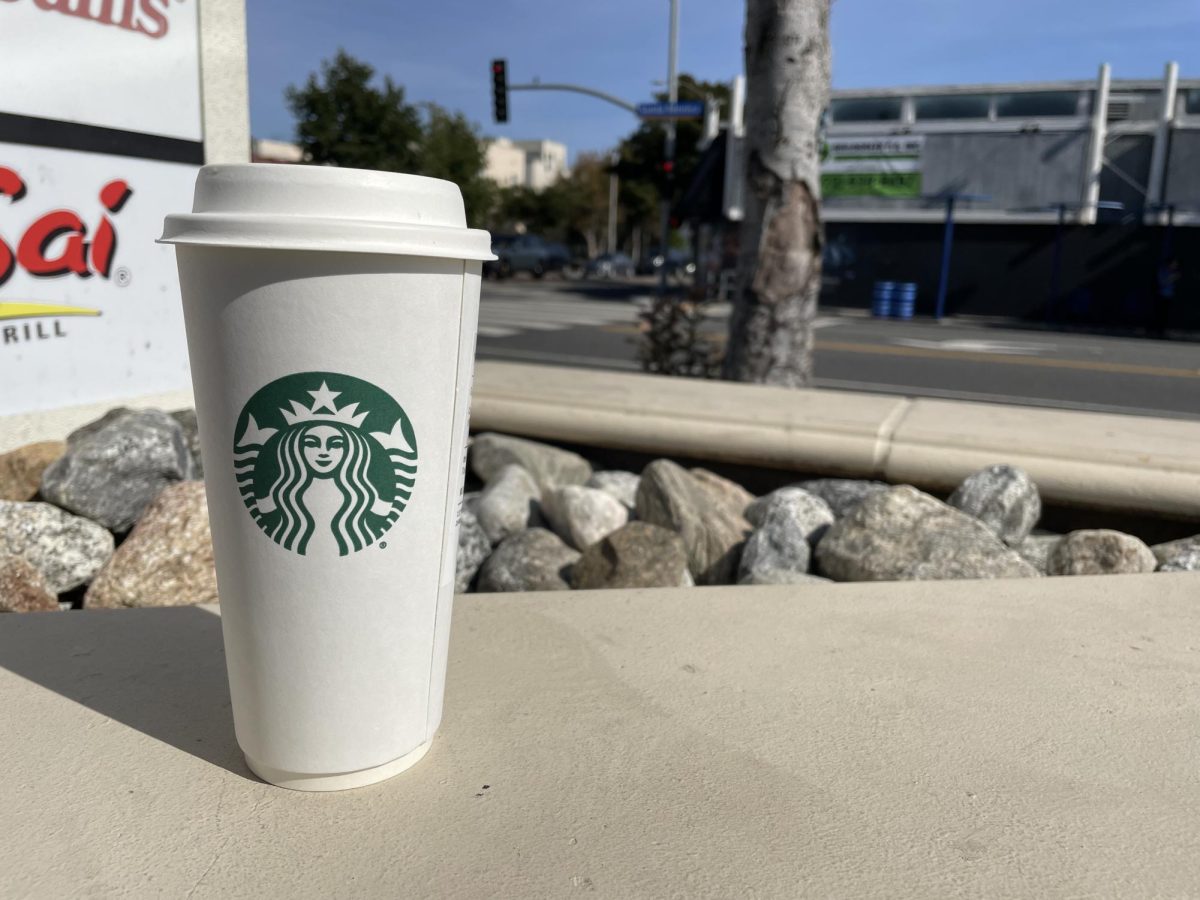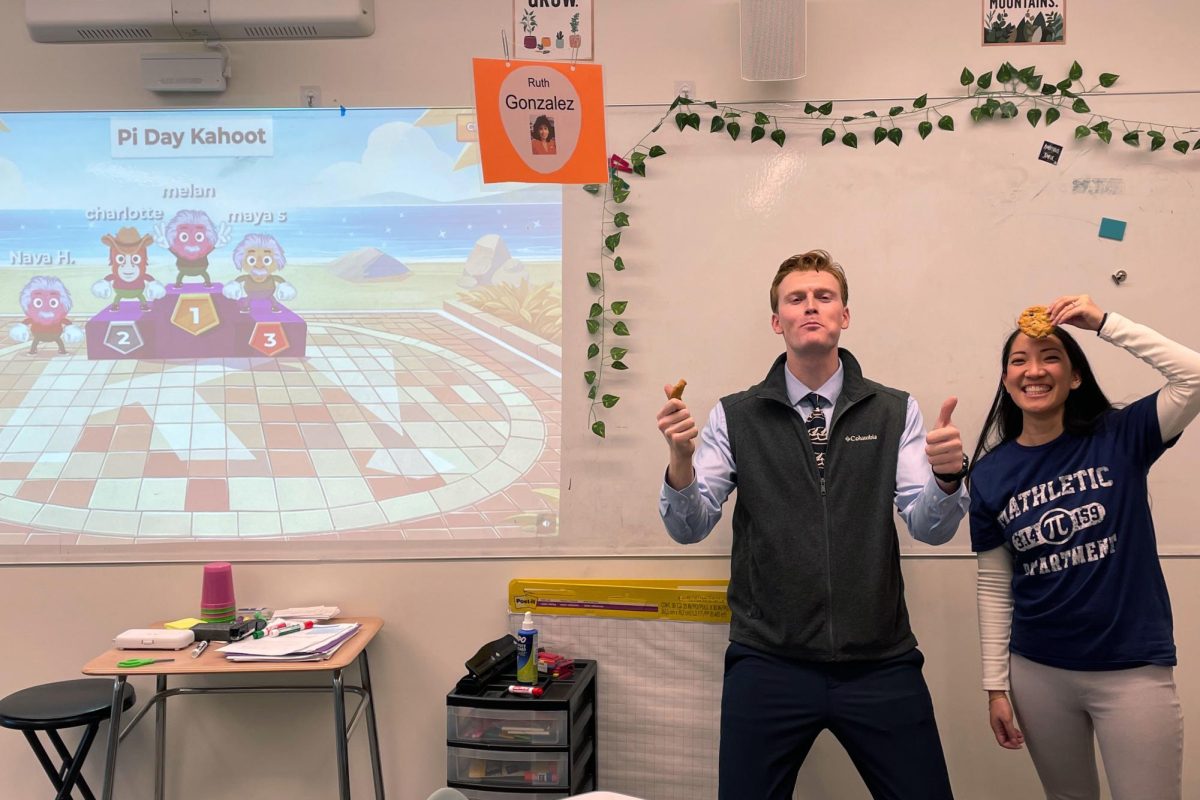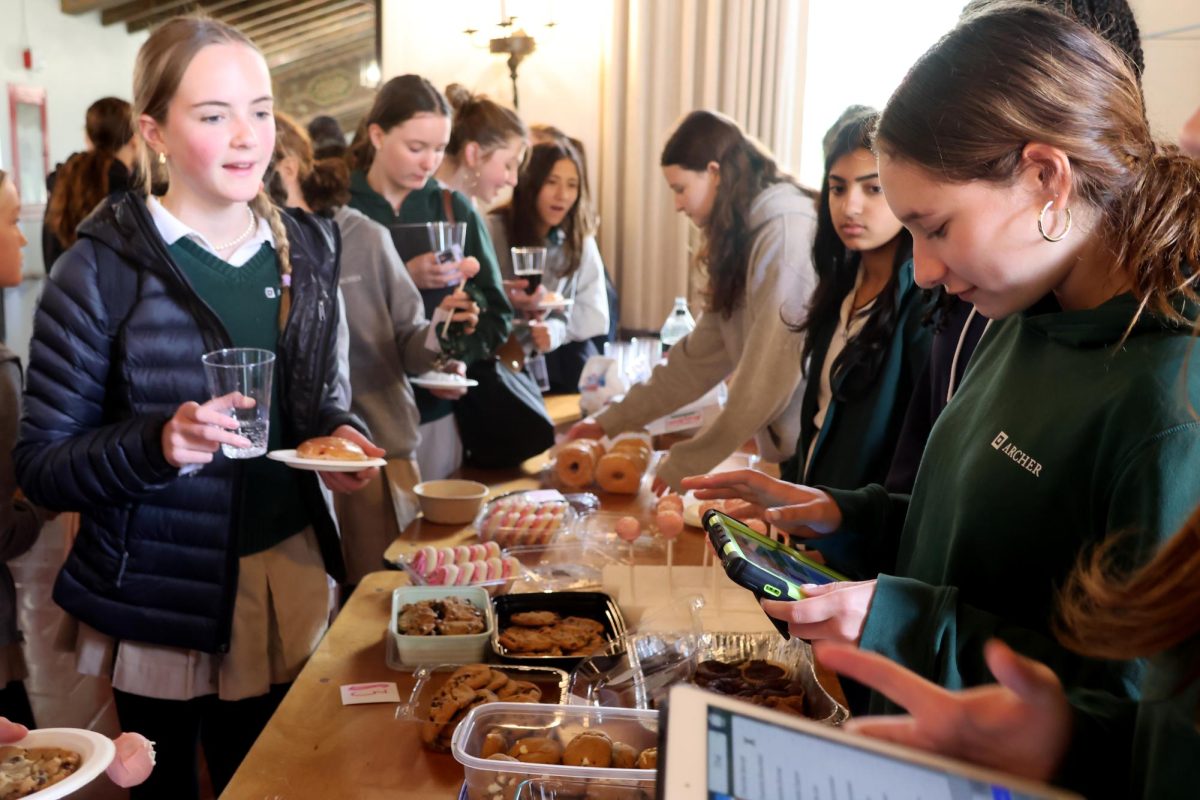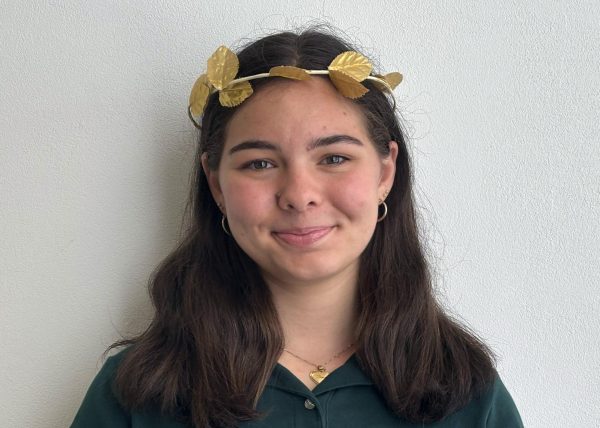Today’s theme for National Scholastic Journalism Week is “Press Rights in Action” — something the Oracle staff, editors and adviser are no strangers to.
As scholastic journalists, members of the Oracle strongly value press freedom. From their first day on staff, Oracle reporters learn the value and privilege of maintaining press integrity. First-year staff reporters taking the Introduction to Journalism course complete Checkology modules teaching them the importance of watchdog journalism and press freedom.
By the time they become senior reporters and, potentially, editors, Oracle members actively exercise their press rights through insightful, meaningful reporting.
Additionally, the Oracle maintains a strong relationship with Archer’s senior administration. From having conversations about ethical journalism to giving administration a heads up after publishing potentially controversial stories, Oracle reporters learn the importance of upholding a healthy, but independent, connection with administration — a key factor in preserving press freedom.
Sports Editor Meredith Ho (’26) said she is grateful for the Oracle’s productive, respectful relationship with Archer administration. Censorship, an issue prevalent in other schools nationwide, is not an obstacle for Archer publications members, she said.
“Being at Archer, I feel really lucky because our administrators and our adviser, Ms. Taylor, don’t censor us in the things that we write, and we can write about like any controversial topic that we want,” Ho said. “Having that privilege is really lucky [for] us, because I know a lot of schools out there … are being censored.”
Senior reporter Charlotte Burnap (’27) echoed Ho’s appreciation for the Oracle’s press freedom. However, she said, in the United States’ current political climate, uncensored press is becoming increasingly difficult to come by — a harsh reality which emphasizes the importance of press rights.
“The Trump presidency showcases a lot of potential dangers for press freedom and for the truth. I think we saw throughout a lot of his campaign, there were a lot of lies, there were a lot of broken promises and … even we see some journalists today aren’t holding him accountable for that,” Burnap said. “So I think without the journalists that are, I think that we’re in for a really dangerous next four years if we can’t acknowledge falsehoods and call people out, especially those in power, when they’re wrong.”
Similarly, Ho emphasized the importance of journalists perpetuating the truth by acting as watchdogs for those in positions of extreme power. Digging below the surface and challenging typical narratives are two key facets of meaningful reporting, she said, which would not exist without exercising press rights.
“If we didn’t have press freedom and we just reported on things … that are really surface level, and we’re restricted by the government and higher level people, then … lots of things would be unexposed, and things in the world would just go overlooked, because journalists are suppressed,” Ho said. “We would not [be able to] act as a watchdog for our community. So I think in the end, having press freedom just helps the community in general to keep others in check.”
Burnap described the impact of unrestricted press rights on global, national and local communities. She said the battle against censorship does not solely apply to journalists, but anyone who consumes media.
“I just think press freedom is incredibly important, and without press freedom, I mean, we wouldn’t have so many things,” Burnap said. “So, don’t forget about your journalists when we’re fighting for the rights of everybody.”
Additional reporting by senior reporter Vivianne Arnold (’26).



